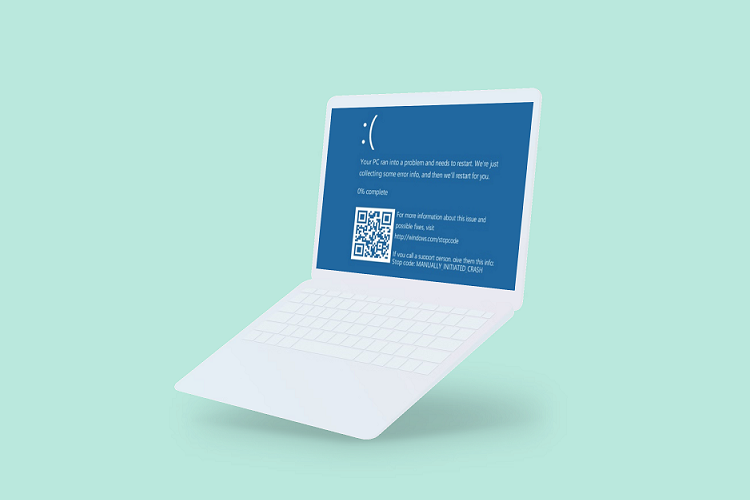Are you worried about the safety of your online money transfers? Don’t be! Cybersecurity experts have new measures to protect your transactions.
In today’s digital age, online money transfers has become a common practice, especially for those who need to send money to India online or to other parts of the world. However, the risk of cyber threats comes with the convenience of online transactions.
6 Tips for Safe Online Money Transfers
Knowing about cybersecurity measures that protect your money during online transfers is crucial. Here are five essential tips to help ensure your online financial transactions are secure.
Use Secure Internet Connections
One of the fundamental steps in securing online transactions is using a secure internet connection. Public Wi-Fi networks, often found in cafes, airports, or hotels, are usually unsecured and can be easily compromised by cybercriminals. These individuals can intercept data transferred over these networks, including your financial details.
Conducting financial transactions over a private, password-protected Wi-Fi network is advisable. Protect your data with a Virtual Private Network (VPN) if you must use public Wi-Fi. A VPN encrypts your internet traffic, making it difficult for hackers to access your information. This encryption acts as a secure tunnel through which your data travels, greatly enhancing your online security.
Choose Reputable Money Transfer Services
The choice of money transfer service is critical in ensuring the security of your transactions. Opt for well-known services with a proven track record of secure operations. These providers should employ robust security measures like end-to-end encryption, which secures your data from the point of origin to the destination.
Before choosing a service, conduct thorough research:
- Read user reviews.
- Verify their compliance with financial regulations.
- Understand their security and privacy policies.
A reputable service provider will be transparent about their security measures and committed to protecting user data.
With Western Union services, “It’s easy to send money to your nearest and dearest in India with the Western Union® app. You can even start a transfer on your device and pay at an agent location.”
Keep Your Devices and Software Updated
Keeping your electronic devices and software updated is a vital cybersecurity practice. Developers regularly release software updates that address security vulnerabilities. Cybercriminals often exploit these vulnerabilities to gain unauthorized access to users’ data.
Ensure that all devices used for financial transactions, including smartphones and computers, run the latest operating systems and software versions. This also applies to any banking or financial apps you use. Regular updates enhance functionality and fortify your devices against emerging cyber threats.
Be Wary of Phishing Scams
Phishing scams are a prevalent method cybercriminals use to trick individuals into revealing sensitive information. These scams typically involve fraudulent emails or messages that mimic legitimate financial institutions or money transfer services.
They may urge you to provide banking details or click on links that lead to fake websites designed to steal your information. Always verify the source of any communication that requests your financial information.
Use Strong Passwords
Using strong, unique passwords for your online banking and money transfer accounts is vital for cybersecurity. Avoid using easily guessable passwords like “123456” or “password”. Instead, create complex passwords that include a mix of letters, numbers, and special characters.
Two-Factor Authentication
Enable two-factor authentication (2FA) if your money transfer service offers it. This adds an extra layer of security by requiring a second form of identification, such as a text message code, and your password.
Conclusion
Ensuring the safety of your online money transfers is crucial in protecting your financial information from cyber threats.
By using secure internet connections, choosing reputable money transfer services, keeping your devices and software updated, being aware of phishing scams, and employing strong passwords and two-factor authentication, you can significantly reduce the risk of cyber threats and ensure your online transactions are safe and secure.
Remember, taking these precautions can provide peace of mind when managing your finances online.




